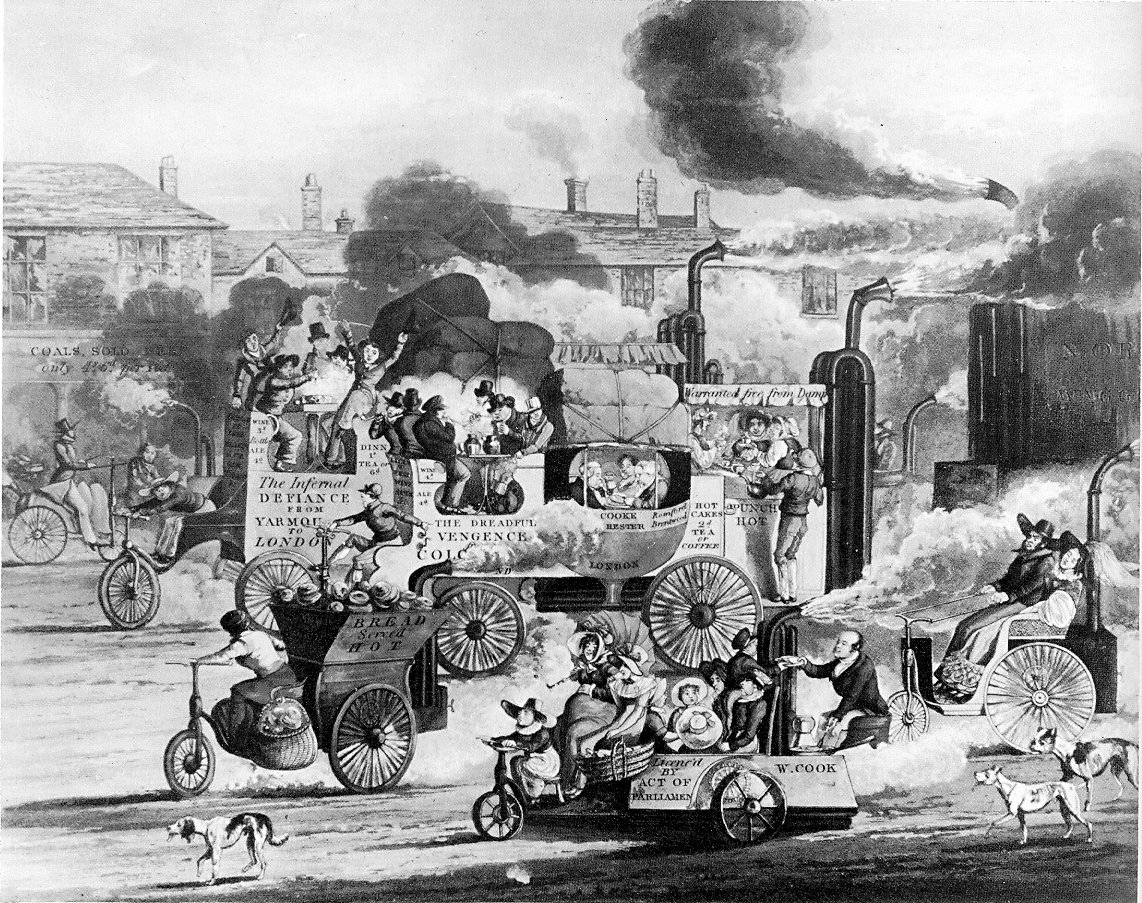The CSA America Standards organization has launched a new best practice title — CSA T150 Connected & Automated Vehicle Code — that may, at the very least, guide the safety and sustainability agenda of many large research universities that have transportation service units. Many governments direct research funding toward transportation so this product may inform the practicality of academic research.
The CSA Group announcement, made through ANSI’s Project Initiation Notification platform, is paraphrased below:
Project Need: To support innovation and deployment in the field of connected and autonomous vehicles by providing infrastructure requirements for the installation and safe operations of CAVs and corresponding infrastructure in the North American context.
Stakeholders: This proposed Code is being developed at the request of industry and manufacturers. It will provide the industry with the technical requirements and standards of safe operation of CAVs. This will meet the strategic needs of the following key interests:
(a) Ensuring that the latest innovative/technology/safety features are available for users,
(b) Addressing needs of regulators by providing suitable requirements;
(c) Supporting certification bodies.
The connected and automated vehicle (CAV) code specifies infrastructure requirements for CAVs operating or intended to operate in both on-road and off-road environments in order to address public safety, security, and privacy challenges. The code includes, but is not limited to, physical and digital infrastructure. Consideration is given to cybersecurity, interoperability, data management, data privacy, data integrity, human aspects, and accessibility. The CAV code is intended to primarily address issues related to public safety, security, and privacy in conjunction with detailed knowledge of the legal, regulatory, and technological landscape, and ensuring compliance with all relevant and applicable law. The CAV code is not intended as a design specification nor as an instruction manual for untrained persons.
According to the public comment page this title was open for consultation for less than 30 days.
This is an ambitious undertaking and certain to inspire competition among competitor conformance and certification organizations. Accordingly, we will follow the developmental path of the proposed “Code”. We encourage direct participation in the CSA Group’s standards development program by students, faculty and staff in the education industry.
Standards Michigan will continue to be a resource for education facility managers, academic researchers and any other final fiduciary (user-interest) in the public or private sector who need cross-cutting perspective. This title appears on the standing agenda of our periodic Mobility colloquia. See our CALENDAR for the next online meeting; open to everyone.
Issue: [19-146]
Category: Transportation & Parking
Colleagues: Mike Anthony, Paul Green, Jack Janveja, Richard Robben
Source: ANSI Standards Action
More
Ontario Reg. 129/10 School Buses
Connected and Automated Vehicle Technologies – Insights for Codes and Standards in Canada










